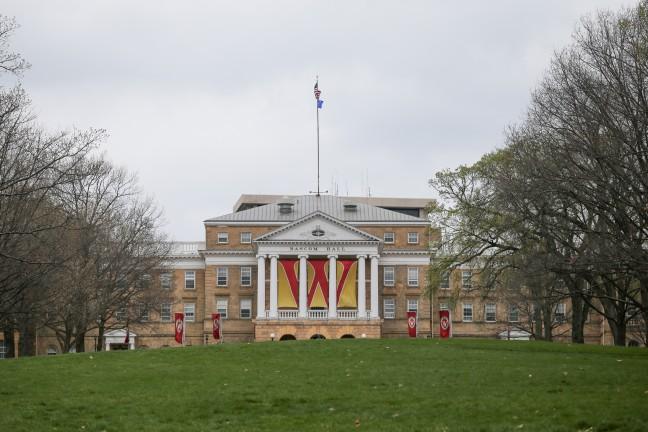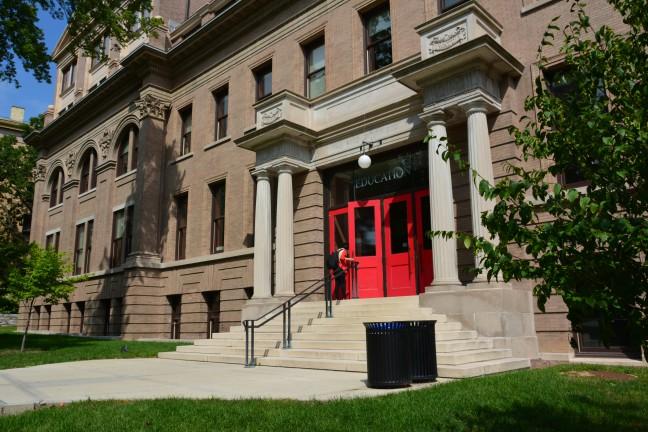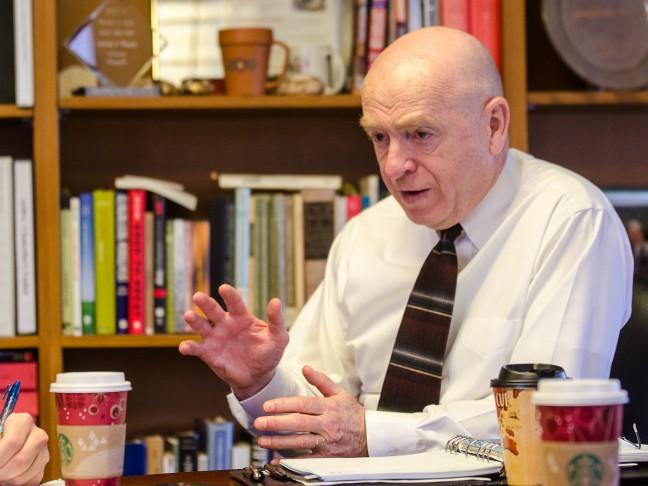Students within the University of Wisconsin System will have greater say in the revision of differential tuition hike policies after the Board of Regents approved new guidelines at its Friday meeting in Fond du Lac.
The new guidelines reflect the best practices from the Board of Regents’ recent experiences with differential tuition being raised at several universities including the University of Wisconsin, UW-Eau Claire and UW-La Crosse, Board of Regents Chair Charles Pruitt said.
While it was important to have guidelines acknowledging initiatives to address individual needs of campuses according to their chancellors, it is also important to consult students and student governments, Pruitt said.
According to the new changes, submitting a differential increase to the Board of Regents now requires an official position from a campus’ student government.
The new guidelines also stipulate all students on campus must receive notice of any new tuition increases, and the regents must be able to have access to any surveys students filled out regarding their opinions on an increase.
“Those are some of the factors that we think are important the Board of Regents look at as they are considering approving differential tuition increases in the future,” Pruitt said.
UW System spokesperson David Giroux said the UW-Eau Claire Blugold Commitment and the Madison Initiative for Undergraduates were two examples of differential tuition proposals, which made the regents realize the need to update their policies.
“With every instance it became clear that we would all benefit from a clearer, more comprehensive set of guidelines,” Giroux said. “Anytime we are dealing with a complex issue like differential tuition it helps everyone if we know exactly what the expectations are from the start, and I think this new policy does that.”
Pruitt also said the board put together the Wisconsin Covenant Scholars Package which focuses on individual campuses and what they can do to help students who complete the pledge apply for their school and financial aid.
Giroux said the Wisconsin Covenant was a good program to work with the board’s Wisconsin Growth Agenda for Wisconsin, which aims to increase the number of college graduates in the state by 80,000 by 2025.
“Our regents felt very strongly that this fit very nicely with our growth agenda where we are trying to produce a more highly educated Wisconsin population, and we can’t do that if we don’t have more well prepared students coming in at the front end,” Giroux said.
UW School of Education Associate Researcher and Director of WISCAPE Noel Radomski said the regents have been consulting with individual campuses to find out the best way for each to increase graduates at their school, whether it’s through increasing graduation rates or expanding enrollment.
Radomski said UW may be ahead of the game because the Madison Initiative for Undergraduates is already looking to expand UW’s bottleneck entry-level courses and may help open up spots for additional students.
He added the regents said they are stating up front they do not want to increase the number of students at the expense of quality.
“Their making the argument that quality goes hand in hand with access and will have to wait and see,” Radomski said.
















